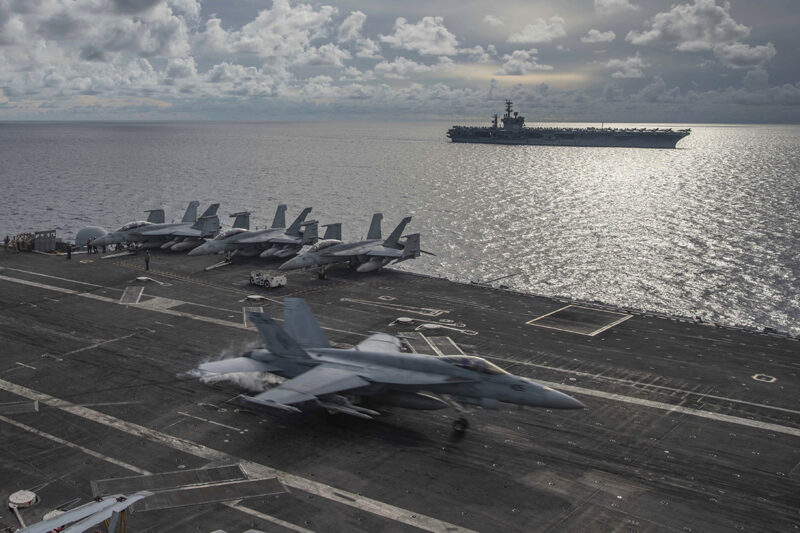As of June 22, 2023, the reverberations of tension across the Taiwan Strait are steadily gaining momentum, amplifying global concerns about a potential military confrontation between China and Taiwan. The long-standing China-Taiwan issue has often made headlines but rarely has it created such an international stir as now. The cauldron of this tension, simmering for years, threatens to boil over into a conflict that could redraw the geopolitical map and significantly impact global stability.
Since the end of the Chinese civil war in 1949, Beijing has viewed Taiwan as a renegade province that must be re-unified with the mainland, even if it requires force. Conversely, Taiwan, while maintaining cultural and historical ties with China, has grown into a thriving democracy, cherishing its autonomy and standing as an entity independent of Beijing.
Recent years have seen an increased assertiveness from China, both in terms of diplomatic pressure and military posturing. The latest in this series of escalations is the continuous breaching of Taiwan’s Air Defense Identification Zone (ADIZ) by the Chinese military aircraft. While these incidents haven’t resulted in direct confrontations yet, they represent a show of force, instigating unease in the Indo-Pacific region and beyond.
Adding fuel to this fiery situation is the political rhetoric from both sides. Chinese President Xi Jinping has frequently stressed that the reunification of Taiwan is a critical part of his vision for the “great rejuvenation” of the Chinese nation. Taiwan’s President Tsai Ing-wen, meanwhile, remains resolute in defending Taiwan’s democracy and sovereignty.
The situation is made more complicated by the role of global powers, particularly the United States. Washington has, since 1979, recognized Beijing as China’s legitimate government but also remains one of Taiwan’s staunchest allies. The Taiwan Relations Act obligates the U.S. to assist Taiwan in maintaining its defense capabilities. Recently, there has been an uptick in U.S.-Taiwan relations, with increased arms sales and high-level exchanges, exacerbating Beijing’s concerns.
The prospect of conflict carries far-reaching consequences, considering the economic heft of both China and Taiwan. China, as the world’s second-largest economy, is deeply intertwined with global supply chains, particularly in technology and manufacturing. Taiwan, on the other hand, holds a pivotal role in the world’s semiconductor industry. Any disruption could potentially send shockwaves through the global economy.
While a war is far from inevitable, the precarious situation underscores the need for thoughtful diplomacy, de-escalation strategies, and engagement from the international community. In this high-stakes chess game, every move must be meticulously calculated to prevent a checkmate that could lead to a catastrophic conflict.
The road to peaceful co-existence is fraught with challenges and uncertainties, but it is a road that must be taken. For now, the world watches and waits, hoping that wisdom, dialogue, and diplomacy will prevail over the drumbeats of war.
Disclaimer: This article provides a current perspective based on available information and should not be taken as a definitive prediction of future events. Developments in international relations are dynamic and subject to rapid change.







